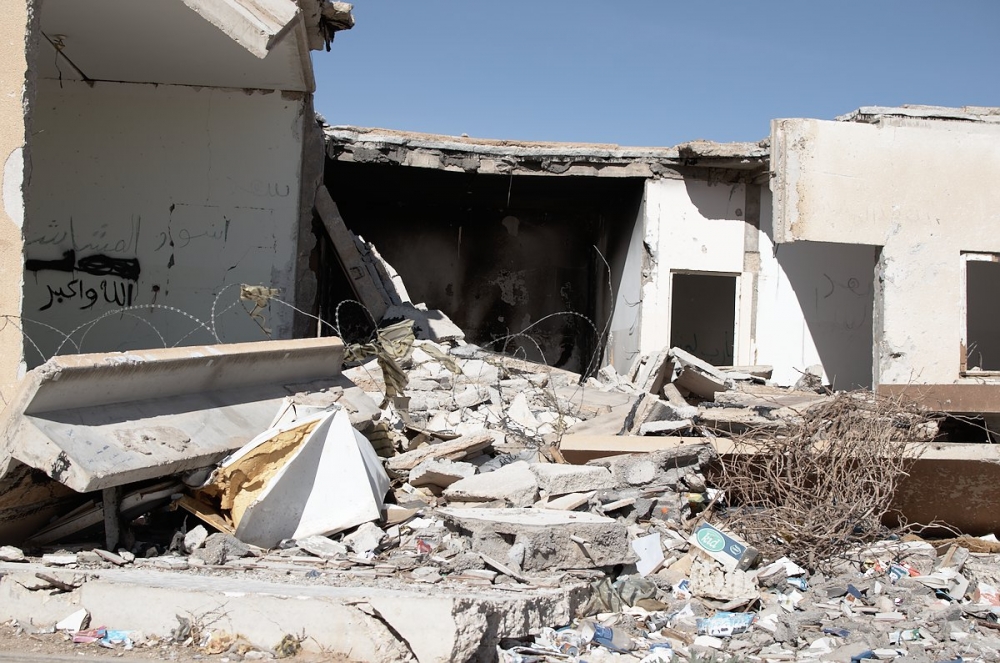
21 March: Panel discussion on Universal Jurisdiction: the case of Syria
An expert panel discussion will be held on 21 March, exploring some of the key findings of the 2019 UJAR Report, published by TRIAL International, with the support of REDRESS, FIDH (The International Federation for Human Rights), the European Centre for Constitutional and Human Rights and FIBGAR.
The event will explore how universal jurisdiction is increasingly used all around the world to ensure accountability and justice for victims of international crimes. With 149 suspects being investigated across 15 countries in 2018, and eight convictions, the report illustrates how universal jurisdiction can fill an accountability gap that international courts cannot address.
Following the arrests of three suspects of crimes against humanity in Syria in France and Germany earlier this year, the discussion will explore more closely how universal jurisdiction is being used to fight against impunity for the commission of international crimes in Syria.
The event will highlight some of the findings of the 2019 UJAR report, such as the serious obstacles that remain when investigating and prosecuting universal jurisdiction cases. Many cases have been abandoned due to political, legal, logistical or budgetary hurdles. In line with this year’s UJAR, the discussion will consider the evidentiary challenges facing practitioners, and draw upon best practices to present solutions to move forwards.
The panel will be moderated by Dr. Frederiek de Vlaming (UvA War Reparations Centre, the Nuhanovic Foundation and Syria Legal Network-NL), and will include the following panelists: Rupert Skilbeck, Director of REDRESS; Bénédict de Moerloose, TRIAL International; Clémence Bectarte, FIDH; Christian Ritscher, Federal Public Prosecutor, German War Crimes Unit and Mazen Darwish, Syrian Center for Media and Freedom of Expression.
The event seeks to bring together key stakeholders in the Netherlands, including diplomats, representatives from international institutions, practitioners, academia, civil society and diaspora groups.
This discussion is part of the UvA International Criminal Law Lecture Series, and is hosted by the War Reparations Centre at the University of Amsterdam.
Please RSVP to [email protected]
Photo © Jorge Vitoria Rubio/IRIN.
